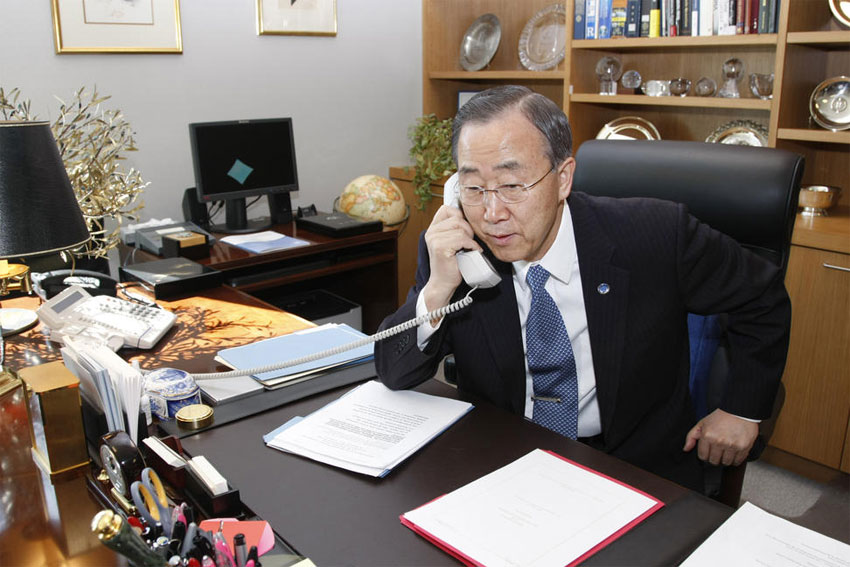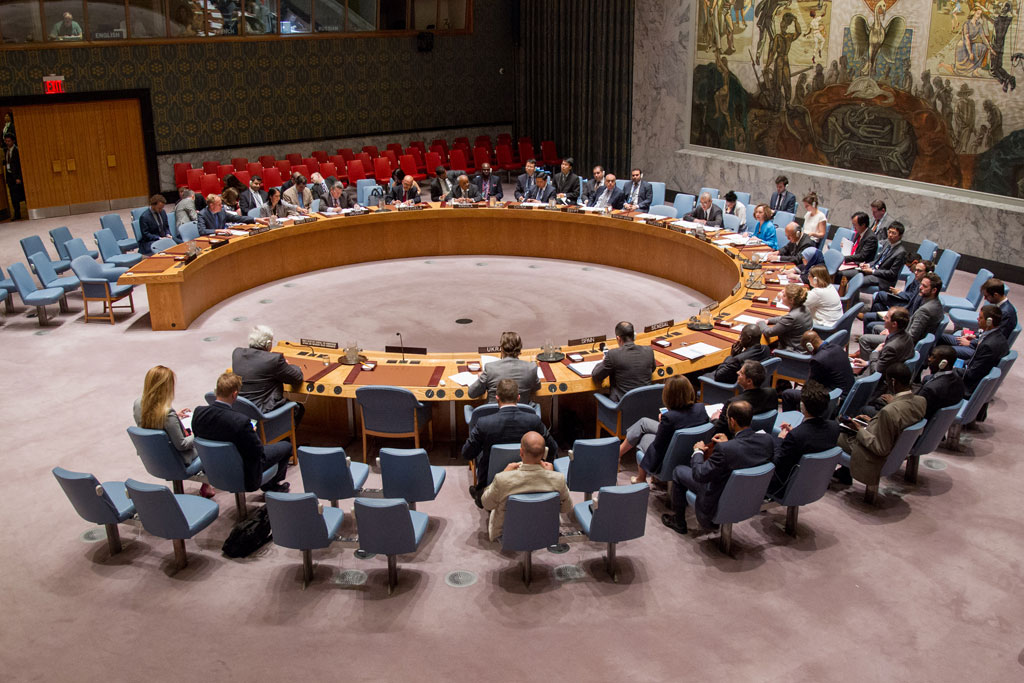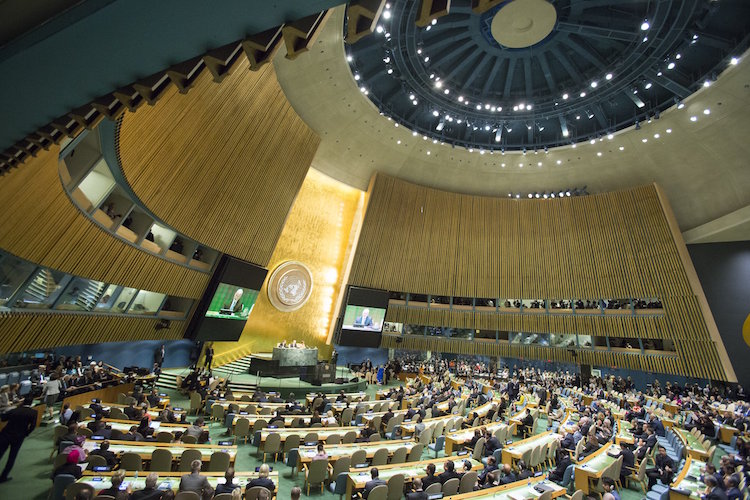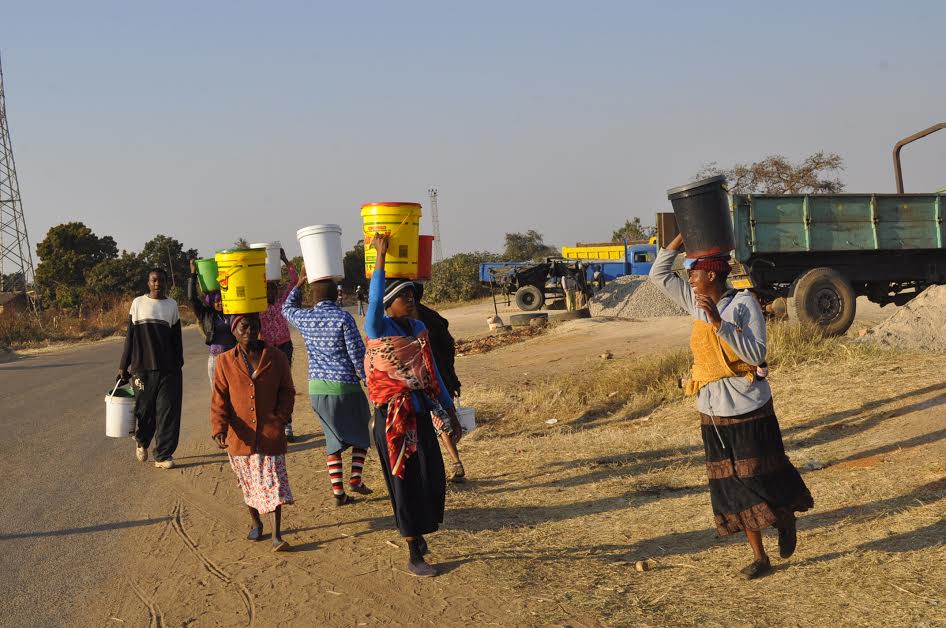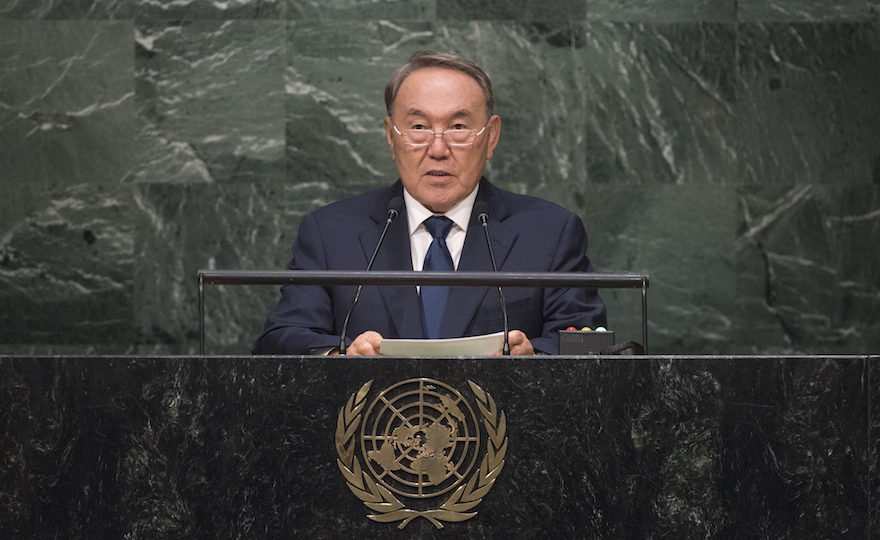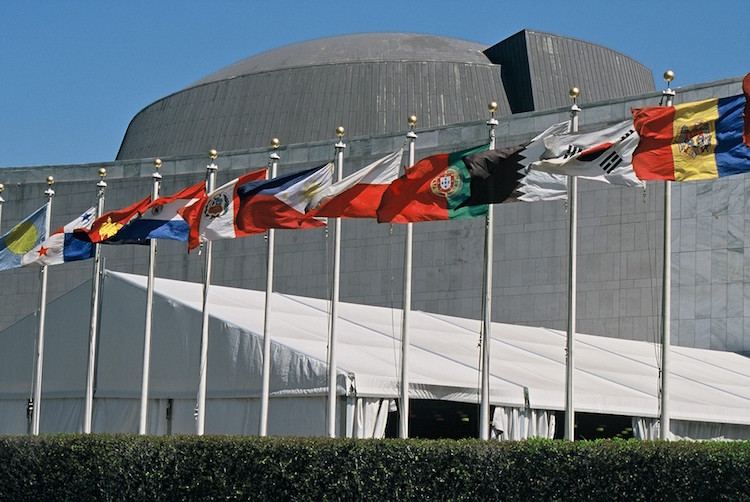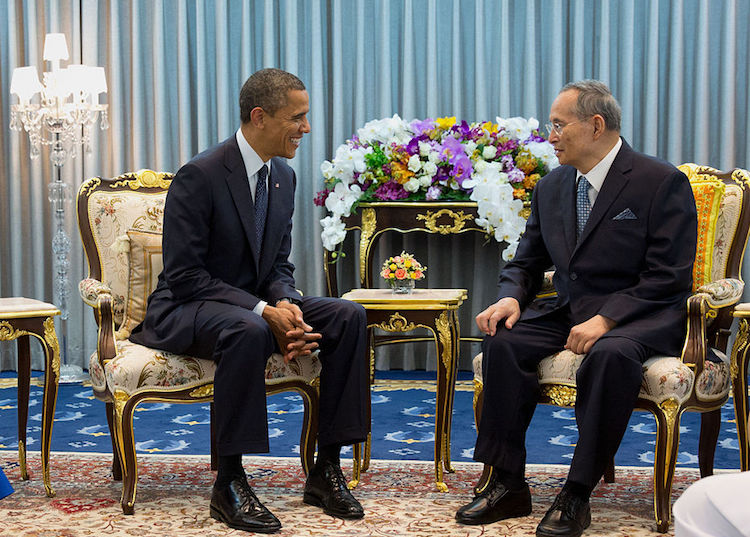Viewpoint by Jonathan Power
LUND, Sweden (IDN-INPS) – Many African leaders have been angry for a number of years that the International Criminal Court and the affiliated Rwanda and Sierra Leone war crimes courts appear to have focused exclusively on African war criminals – in Rwanda, Liberia, Sierra Leone, Congo, Ivory Coast, Uganda, Kenya and Somalia.
The South African government announced on October 21 its intention to withdraw from the ICC. Burundi said it had already made such a decision. Then, after those two, came Gambia and now observers are saying there may be others that will follow.

